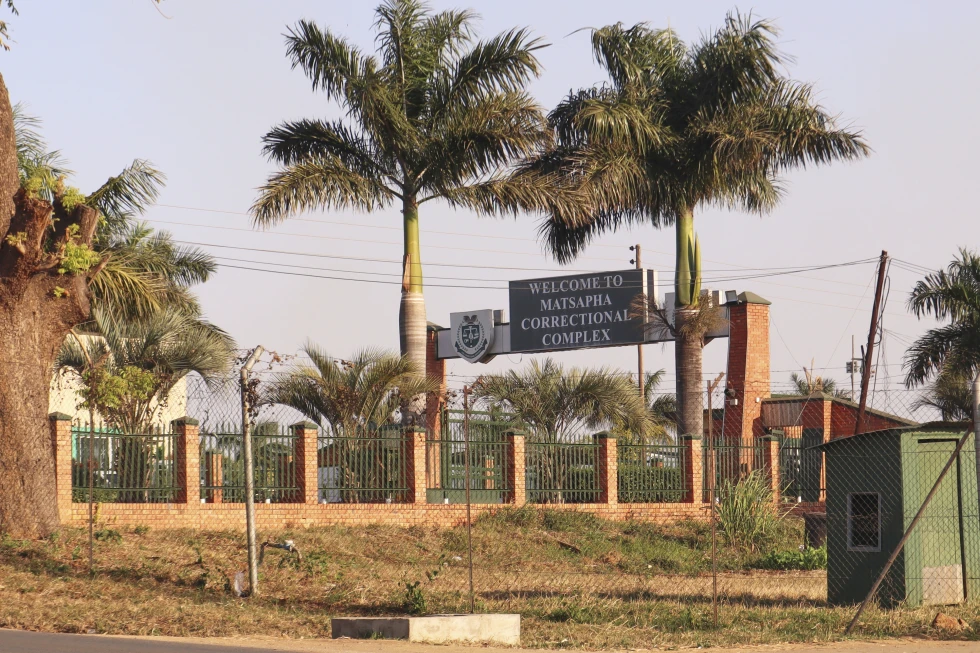A plane carrying migrants deported from the US to Eswatini landed early Monday in the southern African kingdom, according to a lawyer representing two of the deportees. The flight is part of a series of secretive deportation operations under the United States’ third-country deportation program, which has drawn international criticism from rights groups.
Lawyer Tin Thanh Nguyen, who is based in the United States, told The Associated Press that his clients, two Vietnamese nationals, were aboard the plane that landed in Manzini, Eswatini. They were previously detained at the Alexandria Staging Facility in Louisiana before being deported late Friday. Nguyen said there were at least nine Southeast Asian migrants on board, possibly up to eleven.
The flight reportedly made several stops, including in Puerto Rico, Senegal, and Angola, before reaching Eswatini. Nguyen, who also represents two other Vietnamese nationals deported earlier in July, said the deportees are now being held in detention without charge.
The Eswatini government confirmed in a statement that it had agreed to receive 11 more deportees from the United States “during the month of October.” However, government officials could not immediately verify whether the latest flight had arrived. According to reports, Eswatini has agreed to take up to 160 deportees under a deal with the U.S., worth about $5.1 million, as revealed by Human Rights Watch.
Why is the U.S. deporting migrants to Eswatini?
The deportations are part of a controversial U.S. policy that relocates certain migrants to third countries instead of their home nations. Human rights organizations have criticized the approach, arguing that deportees face indefinite detention and a lack of legal protection in the receiving countries. Critics also claim the deals are made without transparency or proper legal oversight.
So far, the United States has deported more than 30 people to African countries since July. This includes eight migrants to South Sudan, seven to Rwanda, and fourteen West African nationals to Ghana. Rights groups report that many of these deportees are being held in poor conditions, without access to lawyers or family contact.
In Eswatini, four men from Cuba, Laos, Vietnam, and Yemen have already been detained since mid-July after being deported from the U.S. Lawyers say they have been held in a maximum-security prison without charge or due process for almost three months. A Jamaican man who was part of the same group was repatriated last month.
The case of the migrants deported from the US to Eswatini has sparked international attention due to Eswatini’s political climate. The small African kingdom, ruled by a monarch with absolute power, has been accused of suppressing pro-democracy movements and limiting freedom of expression.
Rights groups, including Human Rights Watch and the International Organization for Migration (IOM) have urged the U.S. to review its third-country deportation program, warning that it risks violating international human rights standards by sending people to countries where they may face mistreatment.
The arrival of migrants deported from the US to Eswatini highlights growing global concern over the secrecy and legality of third-country deportation deals. As investigations continue, human rights organizations are calling for transparency, accountability, and protection for deportees facing uncertain futures far from their home countries.

